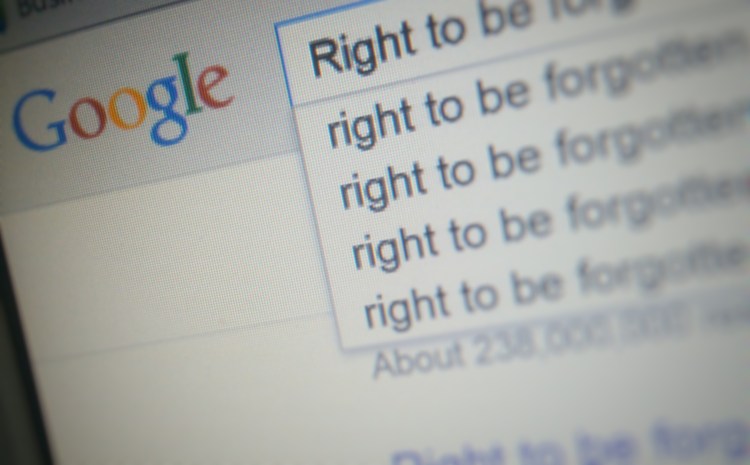Google has rejected an order from French privacy watchdog Commission nationale de l’informatique et des liberté (CNIL), which included global versions of its search engine in the so-called right-to-be-forgotten program.
The CNIL request was an extension of the May 2014 ruling from the European Union Court of Justice that allows E.U. citizens to request the delisting of web pages containing sensitive or “irrelevant” information about them.
While Google and other search engines have worked through millions of requests in the 14 months since, the ruling has only applied to European versions of the search engine, not Google.com, Google.ca, and so on.
The CNIL, however, has been pushing to have the right-to-be-forgotten ruling expanded to all local variants of a search engine. This means that a request from a French citizen to have a web page delisted would be applied to all Google search engines — .com, .co.uk, .ca, and all the rest.
“The CNIL received hundreds of complaints following Google’s refusals to carry out delisting on Internet links (or URL),” the agency said at the time. “Following the assessment of the complaints, the CNIL has requested Google to carry out the delisting of several results. It was expressly requested that the delisting should be effective on whole search engine [SIC], irrespective of the extension used.”
Google disagreed at the time and, almost two months on, it still disagrees.
“This is a troubling development that risks serious chilling effects on the web,” explained Peter Fleischer, global privacy counsel at Google, in a blog post.
“While the right to be forgotten may now be the law in Europe, it is not the law globally,” he continued. “Moreover, there are innumerable examples around the world where content that is declared illegal under the laws of one country, would be deemed legal in others: Thailand criminalizes some speech that is critical of its King, Turkey criminalizes some speech that is critical of Ataturk, and Russia outlaws some speech that is deemed to be ‘gay propaganda.'”
While delisting web pages from all versions of a search engine would no doubt be problematic, it’s worth noting here that the right-to-be-forgotten ruling isn’t about delisting illegal content — it’s about hiding from search results web pages that are damaging to an individual, or are simply not in the public’s interest. So if information about a person really is sensitive, out-of-date, and not in the public interest, then why should the ruling not apply to all search engines?
Google said that if the CNIL’s proposition was embraced as an Internet standard, we would effectively be in a race to the bottom. “The Internet would only be as free as the world’s least free place,” added Fleischer. “As a matter of principle, therefore, we respectfully disagree with the CNIL’s assertion of global authority on this issue and we have asked the CNIL to withdraw its Formal Notice.”
In its initial notice served, the CNIL said that if Google was not to comply with the order, it would recommend a sanction against the company. Though it hasn’t yet indicated what this sanction should be.
Your move, France.


